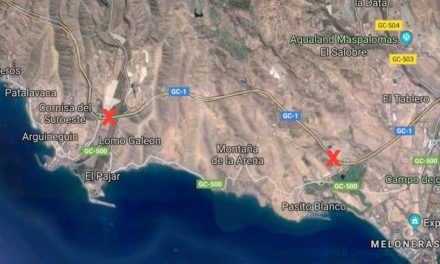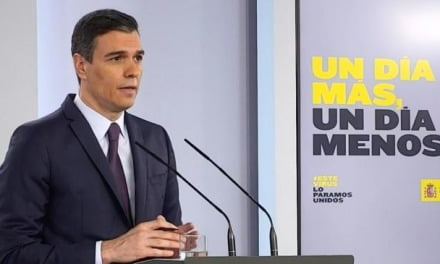Spain’s Subcommittee on medicinal cannabis in the Congress of Deputies (lower house) this Tuesday approved their final report to regulate the legal, therapeutic use of marijuana. The proposal has been supported of various political parties including the socialist PSOE, United We Can, and Ciudadanos, PNV and PDECAT, however the ERC and Bildu parties abstained, demanding a more ambitious text, and the conservative PP, along with ultra right wing Vox, voted against the proposals.
Dozens of experts have participated in the sub-commission, which sought to establish a basis for the use of cannabis in medicinal treatments, with negotiations continuing to the last moment, the governing PSOE party has agreed to some of the points asserted by their coalition partners Podemos. The main focus of which was make clear that cancer patients in particular will be able receive this treatment.
According to the text, patients suffering from multiple sclerosis, some forms of epilepsy, those who suffer from nausea and vomiting derived from chemotherapy, endometriosis, cancer pain and chronic non-cancer pain (including neuropathic pain) will soon be able to legally use extracts or standardised preparations of cannabis (oils, inhaled or pharmacological), which will also be available for other therapeutic indications if supported by medical studies.
THE KEY: Medicinal use. “This treatment is not miraculous, but it will improve the quality of life for 200,000 patients,” said one expert
The document emphasises that these magisterial cannabis formulas can only be prescribed by doctors (although not limited only to doctors working in the public health system, as was established in the original wording) and recommends that these perscriptions be dispensed from “the health system network of pharmacies”, that is, those in hospitals and health centres, although it does open the door for pre-prepared, “community” pharmacies (those on the street) to also be able to sell it, an ammendment put on the table by Podemos. In addition, cannabis treatments must have a defined duration and there will be a registry of patients using this therapy established.
The parties have also included the use of flowering tops (cannabis flower) to develop medicinal experimental projects, a request from patients, as this way of using cannabis by inhalation provides faster effects for users than simply eating or drinking infusions.
The text does however make clear limitations: cannabis can only be used for health purposes, never recreational. “It is absolutely necessary to prevent the therapeutic use of standardised cannabis extracts or preparations for certain patients with specific indications to prevent confusion with a generic invocation of the general use of cannabis by the population,” the document’s editors stipulate.
Currently, the use of this substance, which is not regulated, depends solely on the black market. “Patients have to go to a camel [dealer] to get their cannabis. We have left these patients in the hands of drug traffickers or friends who cultivate when a health professional should prescribe it,” explained Manuel Guzmán, professor of Biomedicine at the Complutense University of Madrid and vice president of the Spanish Observatory of Medicinal Cannabis, who expressed regrets over the delay in this legislation adopting cannabis as a legitimate therapy. “Doctors prescribe much stronger therapies, like opiates. It is as if we were talking about legalising or banning beer while whiskey, vodka or rum were allowed”, he offered by way of example.
Cannabis is not “a miracle medicine that slows down the progression of the disease”, but it is “a complementary therapeutic tool that improves the quality of life for patients”, Guzmán emphasised. The observatory estimates suggest that some 200,000 patients in Spain will be able to benefit from the use of this narcotic, which is already regulated within European Union countries such as Germany, Italy, the Czech Republic, Austria, Portugal, Austria, Belgium and the Netherlands, as well as in the United Kingdom.
Advertise your business to English Speakers on Gran Canaria
We have a range of exciting advertising opportunities starting from as little as 2€ a day online, with a monthly audience averaging more than 150,000 individuals visiting our site regularly.
Give us a call on 928 987 988 or email Publicity@TheCanaryNews.com for more information














